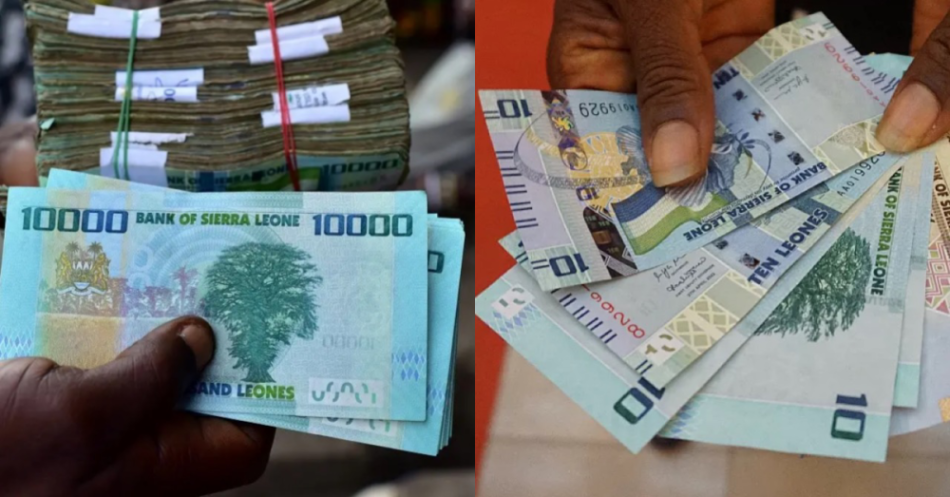In the fight against financial crimes, the role of the Financial Intelligence Unit (FIU) in Sierra Leone cannot be overstated.
Tasked with overseeing commercial banks, monitoring transactions, and sanctioning accounts involved in criminal activities, the FIU plays a crucial role in safeguarding the integrity of the financial system.
However, recent developments have raised concerns about the accountability and transparency of the FIU, particularly regarding funds recovered from sanctioned accounts.
Accountability is a fundamental principle for any regulatory body, especially one entrusted with combating financial crimes.
Since the appointment of the current Director General, there has been a conspicuous lack of public reports detailing the amounts of money recovered from sanctioned accounts. This absence of transparency undermines public trust in the FIU’s effectiveness and raises questions about the use of the sanctioned funds.
In a country grappling with a surge in fraudulent transactions, money laundering, and fake online investments costing billions of Leones, the need for a vigilant and accountable FIU is more critical than ever.
The FIU’s mandate to freeze accounts associated with illicit activities is a powerful tool in combating financial crimes. Still, without clear information on the outcomes of these actions, doubts emerge regarding the FIU’s commitment to fulfilling its responsibilities.
Transparency breeds trust, and the people of Sierra Leone deserve to know that their financial watchdog is actively pursuing and sanctioning those engaged in criminal financial activities.
Regular updates on the enforcement efforts, including the amounts of money recovered from sanctioned accounts, are essential not only to demonstrate the FIU’s impact but also to hold it accountable to the citizens it serves.
The lack of information on sanctioned funds not only hampers the FIU’s credibility but also hinders the assessment of its effectiveness in combating financial crimes. Without public disclosures, stakeholders, including government agencies, financial institutions, and the general public, are left in the dark about the tangible outcomes of the FIU’s actions, which weakens the overall fight against financial crimes in the country.
To restore confidence in the FIU and strengthen its anti-money laundering efforts, it is imperative that the institution prioritizes transparency and accountability in its operations. Clear and detailed reports on the funds recovered from sanctioned accounts should be made public regularly to demonstrate the concrete results of the FIU’s actions and reassure the public of its commitment to fighting financial crimes.
Moreover, increased transparency in the FIU’s activities can serve as a deterrent to would-be perpetrators of financial crimes, signaling that illicit activities will not go unnoticed or unpunished. By showcasing the successful recovery of funds from sanctioned accounts and highlighting the FIU’s impact.












Thanks sierraloaded for your good work. FIU and orange money are more fraudulent than Super Advertise, according their act , lack of transparency and accountability towards this Super Advertise 3.4 millions that own by the citizens of Sierra Leone, from January 2024 to now November 2024 no news from FIU about the citizens resources, what a wicked generation. Please we are pleading the Anti Corruption Commission ( ACC) of Sierra Leone to look into this 3.4 millions issues. Before we think FIU is the Financial security of the citizens, but, according what am seeing am afraid.
What a shame to Orange network and the financial intelligent unit ( FIU) for the lack of transparency over the 3.4 millions from the SUPER ADVERTISE blocked accounts, the poor citizens money, all the two institution don’t want to say nothing about the poor citizens finance. I totally lost trust to the two institutions. Am afraid this generation under SLPP government for encouraging , keeping such institution in our country, paying FIU staffs with the hope to protect and monitor our financial activities in the country. Please the blocked SUPER ADVERTISE ACCOUNTS is owned by the poor Sierra Leone citizens, not FIU or Orange Sierra Leone.